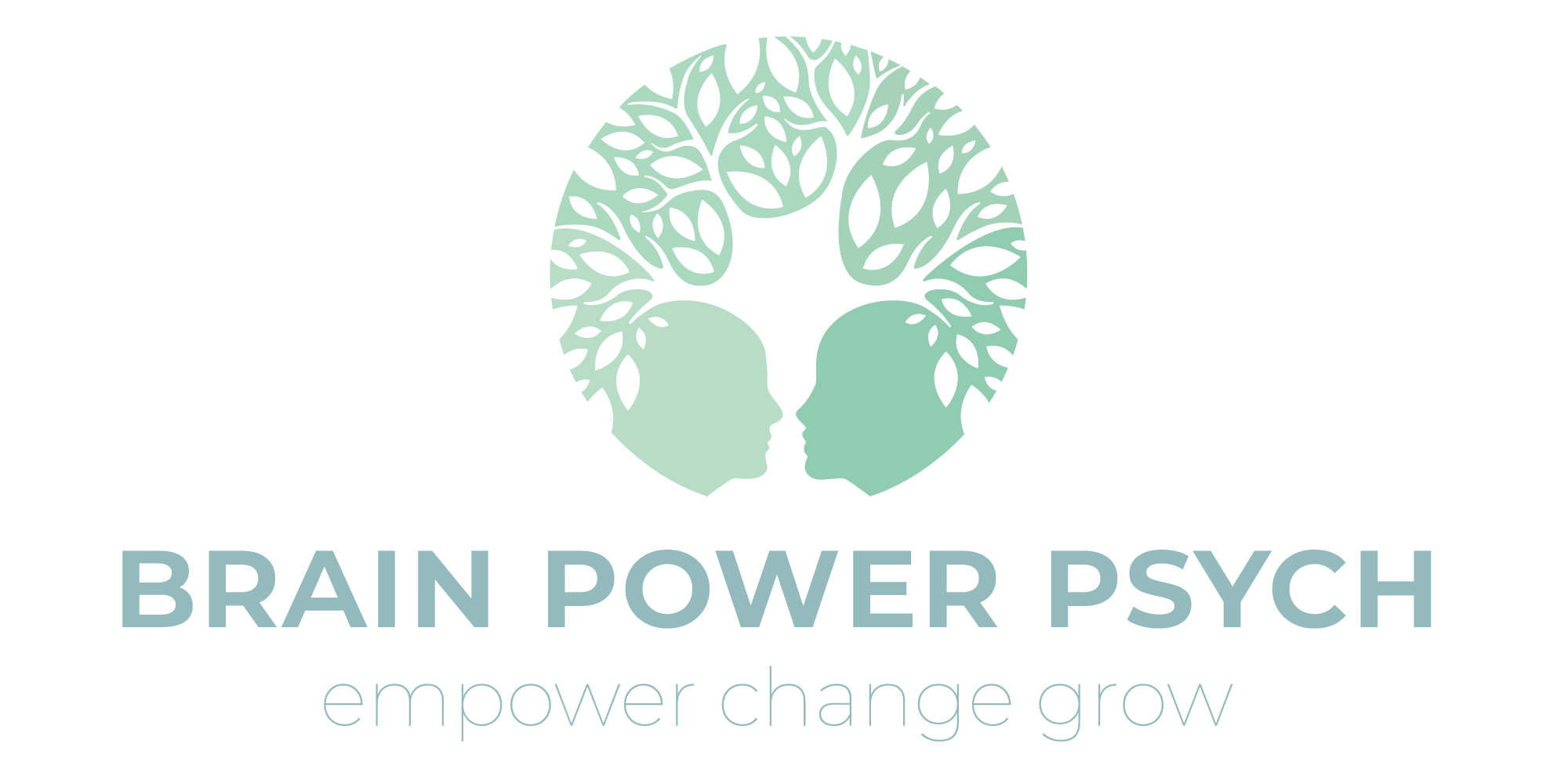Recently in the media, topics on mental health have been receiving national and international attention. Despite it getting more recognition from others, seeking out a therapist can be intimidating. Most people imagine therapy to be a place where you lay down on a couch and just talk while a therapist is nodding and jotting things down on a notepad. However, this image is not the reality as there are many different forms of therapy. Talking with a psychologist can help you deal with your thoughts, behaviors, symptoms, and stressors. Additionally, it’s a good place to explore past and present experiences and other areas that can promote learning and growing of yourself. When scheduling an appointment, here are some things to consider:
Therapy creates a supportive environment for all
Going to see a therapist does not mean that you have a mental illness. Many individuals choose to seek therapy as a way to navigate daily stress and anxiety from work and relationships as it relates to life challenges.
Other reasons how therapy can be beneficial:
- Finding your sense of purpose
- Strengthen your self-confidence and self-worth
- Build healthy relationships skills
- Feel stronger to tackle life’s challenges
- Developing problem solving skills
- Learning how to manage emotional responses in stressful situations
- Evaluating your thoughts and how it impacts your emotional, behavioral, and physical wellbeing
There are different types of providers out there
Keep in mind that therapists have different training and specialties. It’s important that you do your research to find a professional that would be a great fit for you and your needs. Here are some common terms to be knowledgeable with, when conducting a search for mental health providers.
Psychiatrists: holds a medical degree (MD) and provides support through medication management. Generally, they provide medications to their patients.
Psychologists: holds a doctorate degree (PhD or PsyD) and provides mental health support through either therapy, psychological assessment and testing or combination of both.
Marriage Family Therapist (MFT): holds a masters’ degree and provides mental health support through therapy.
License Professional Counselor (LPC): holds a masters’ degree and provides mental health support through therapy.
License Clinical Social Worker (LCSW): holds a masters’ degree and provides mental health support through therapy.
There are different types of therapy approaches
Not all providers use the same theoretical method to help client work on their therapy goals. Therefore, when considering a provider, you can ask about their treatment approach. Here are some common modalities used in the therapy world.
Cognitive Behavioral Therapy (CBT): this approach is based on helping individuals understand how thoughts affect emotions and behaviors.
Dialectical behavioral therapy (DBT): this approach is like CBT but adds the element of assisting people who have difficulty managing and regulating their emotions
Psychodynamic: this approach takes a deeper understanding of one’s feelings and other mental processes by using reflecting and examining our unconscious and conscious drives impacts our emotions and behaviors.
Emotion Focused Therapy (EFT): this approach is used to improve attachment and bonding in adult relationships.
Your therapist is there to help you reflect on the good, bad and the ugly
The role of the clinician to help you learn more about the different parts of yourself. Thus, they help you in various ways. However, it is important to note that therapists are not there to give advice, but more to provide support by helping you explore your options and allow for you to gain a deeper understanding about you and the way you think, feel and act. Therefore, the journey in therapy can be challenging at times, but you will work with your provider to learn more about that process.
Therapy takes time, patience, and work
Its hard to grasp that therapy can take time before we can see the improvements or benefits. There are a lot of factors that can influence the timeline of treatment. It’s important to understand you are going to get out of it as much as you put into it. What I mean by this statement is that therapy work is not only done in the therapeutic setting, but rather taking concepts that were discussed in session and applying them to the outside world. By applying the tools that you learn in therapy to different areas of your life will empower and foster those transformations that you are seeking.
When you meet with a professional, they will take some time to get to know you and work with you to create goals that you would like to achieve in therapy. This can impact the duration and frequency of sessions, so therapy is not a one size fits all model.
If you are curious or would like more information about psychotherapy, please feel free to contact me so we can setup a time to chat to get you on your journey to living a life you want to live.
